In “Speak Okinawa,” Elizabeth Mika Brina embarks on a profound journey of self-discovery, cultural reconciliation, and healing generational trauma. This memoir resonates deeply with anyone navigating multiple cultural identities or trying to understand their parents’ complex histories.
The narrative centers around Elizabeth’s relationship with her Okinawan mother and American father, revealing how cultural dynamics and historical trauma shaped her understanding of herself. Growing up in upstate New York as one of the few people of color, Elizabeth experienced profound isolation and discrimination that led her to reject her Okinawan heritage and embrace her American identity through her father. This rejection created a painful rift between her and her mother—a woman who had left everything familiar behind to create a new life in America.
What makes this memoir particularly powerful is Elizabeth’s unflinching honesty about her own complicity in perpetuating her mother’s isolation. She describes with heartbreaking clarity how she was embarrassed by her mother’s broken English, how she distanced herself during visits to Okinawa, and how she failed to recognize her mother’s strength until much later in life. The author writes, “Eventually, I realized that it is my responsibility to understand her, not her responsibility to make herself understood.” This revelation marks a pivotal moment in her journey toward reconciliation.
Interwoven throughout the personal narrative is the brutal history of Okinawa—an island caught between imperial powers and devastated during World War II. Elizabeth educates readers about the Battle of Okinawa in 1945, which killed approximately 140,000 civilians (one-third of the population). She connects this historical trauma directly to her family’s story, particularly her grandmother’s experience of surviving the battle with four small children. This historical context helps readers understand the magnitude of intergenerational trauma that shapes families for decades, even when rarely discussed openly.
The memoir also explores how language barriers create profound disconnections between immigrants and their American-born children. Elizabeth’s inability to speak Japanese created an insurmountable wall between her and her mother—one that she only began to dismantle in adulthood. This linguistic divide serves as a powerful metaphor for the cultural disconnection many first-generation Americans experience with their immigrant parents.
Perhaps most compelling is Elizabeth’s exploration of dual identity. She writes about the internal conflict of being both the “victor” (American) and the “victim” (Okinawan). This duality creates a complex internal struggle as she attempts to reconcile these seemingly contradictory parts of herself. Her journey illustrates how mixed-race individuals often experience pressure to choose one identity over another, and the liberation that comes from finally embracing both.
The memoir doesn’t offer easy solutions or perfect reconciliations. Instead, it presents healing as “gradual, cumulative,” occurring in small moments of recognition and understanding. Elizabeth’s relationship with her mother improves not through one dramatic conversation but through a series of small shifts in perspective that allow her to see her mother as a whole person with her own history and struggles.
“Speak Okinawa” ultimately serves as both personal catharsis and political statement. In documenting her journey toward embracing her Okinawan heritage, Elizabeth’s also advocates for greater awareness of Okinawa’s continued subjugation. She highlights how American military bases still occupy 20% of Okinawa’s land mass, and how crimes committed by American soldiers often go unpunished. This connection between personal and political reminds readers that reconciling with one’s heritage sometimes requires confronting uncomfortable truths about one’s country.
For readers struggling with their own cultural identity or trying to bridge generational divides within their families, this memoir offers both validation and hope. It acknowledges the difficulty of these journeys while affirming their importance. As Elizabeth writes, “No matter how far you’ve gone down the wrong path, it’s not too late. Turn back, turn back.” This message of possible redemption—both personal and political—resonates throughout this powerful memoir.


